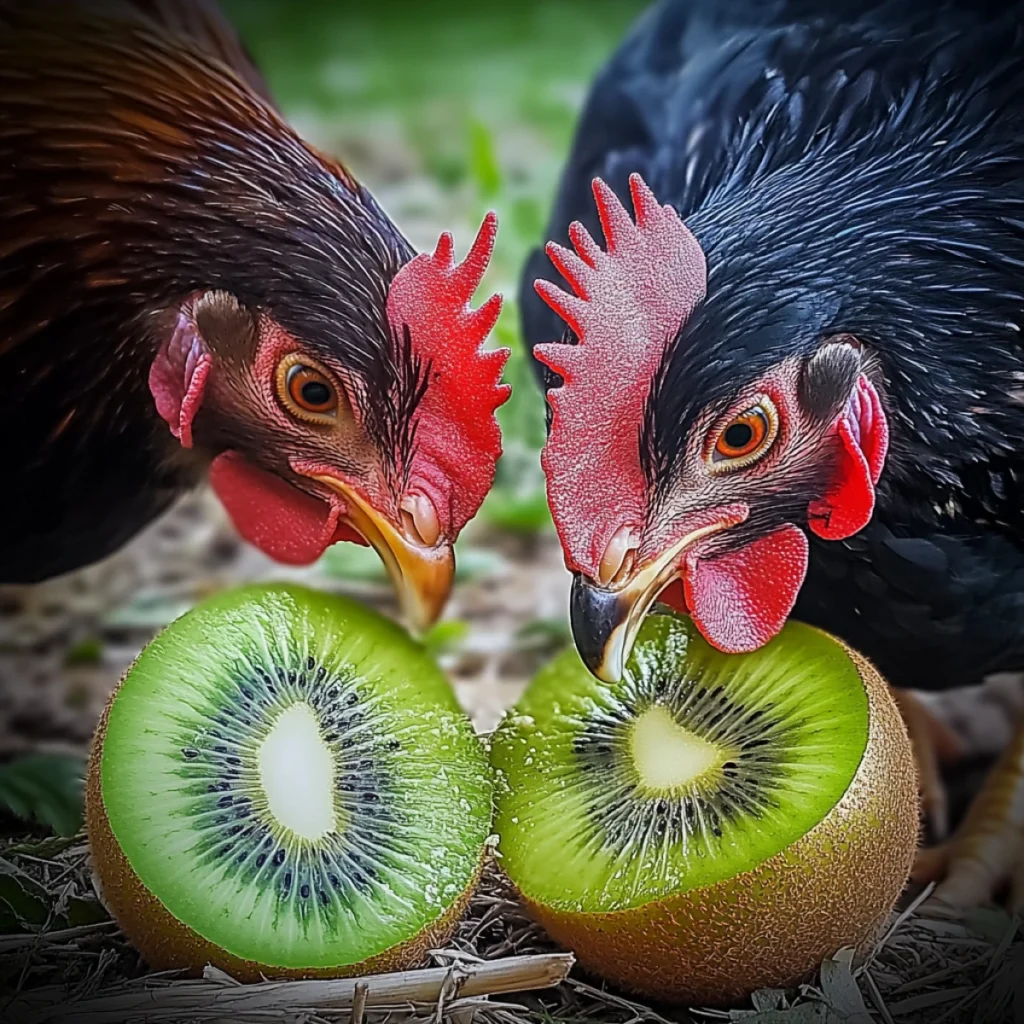
Raising chickens often involves figuring out what foods are safe for them to eat. One common question is whether chickens can eat citrus fruits like oranges, lemons, and limes. While chickens can technically consume these fruits, there are important things to keep in mind, such as moderation and potential health risks.
To fully understand the benefits and risks of citrus in a chicken’s diet, check out this guide on feeding chickens citrus fruits. You can also read more about the impact of citrus on chickens from Backyard Chickens Citrus Guide.
Nutritional Content of Citrus Fruits
Citrus fruits such as oranges, lemons, and grapefruits contain various nutrients beneficial to chickens in moderation. These include:
- Vitamin C: While important, chickens naturally produce their own Vitamin C.
- Fiber: Aids digestion but can lead to issues if consumed in large quantities.
- Calcium: Vital for eggshell formation, although excess citric acid may interfere with calcium absorption.
- Citric Acid: Responsible for potential digestive issues when consumed in excess.
Despite these nutrients, chickens don’t need citrus fruits to thrive and may develop health issues if overfed. Discover more about what makes certain foods ideal for chickens in our post on The Healthiest Fruit for Chickens.
Can Chickens Eat Citrus Fruits?
Yes, chickens can eat citrus fruits, but it is essential to practice moderation. Overfeeding citrus can lead to digestive issues, as citric acid can upset the stomach. Here are some essential points to remember:
- Moderation: Feed citrus fruits as an occasional treat.
- Potential Avoidance: Chickens may naturally avoid citrus because of its acidity.
- Nutritional Benefits: While they provide some nutrients, citrus is not essential for a chicken’s diet.
Learn more about how to balance a chicken’s diet with alternative food options in our article on Safe Foods for Chickens.
Risks of Feeding Citrus Fruits to Chickens
Feeding chickens citrus fruits regularly comes with some risks. These include:
1. Digestive Irritation
The high citric acid content in citrus fruits can cause digestive issues, such as:
- Diarrhea: A result of overconsumption of citrus.
- Abdominal Discomfort: Chickens may experience stomach discomfort.
- Dehydration: Severe diarrhea could lead to dehydration.
2. Calcium Absorption Issues
Citrus fruits may interfere with calcium absorption, which is especially problematic for laying hens. The lack of calcium can result in:
- Weakened Eggshells: Thin or brittle eggshells due to poor calcium absorption.
- Reduced Egg Production: Chickens may lay fewer eggs or experience a drop in quality.
3. Lower Egg Production
As chickens require calcium for egg production, the citric acid in citrus fruits may reduce egg output or result in weaker eggshells. It’s important to monitor egg quality if citrus is being fed frequently.
Safe Practices for Feeding Citrus Fruits to Chickens
If you decide to feed citrus fruits to your chickens, here are some safe practices:
- Offer Citrus Fruits Occasionally: Avoid making citrus a regular part of their diet.
- Remove Peels: Citrus peels are hard to digest and more acidic, so it’s better to offer only the flesh.
- Avoid Seeds: Remove seeds from fruits like oranges and lemons to prevent digestive issues.
- Mix with Other Foods: Combine small amounts of citrus with other fruits like apples or berries to balance the treat.
By following these practices, you can safely provide citrus to your chickens without harming their health.
Alternative Fruits for Chickens
If you’re concerned about feeding your chickens citrus fruits, there are many safer alternatives, including:
- Apples: High in fiber, but be sure to remove the seeds.
- Berries: Packed with antioxidants, they are safe and well-loved by chickens.
- Watermelon: A refreshing, hydrating option, especially in hot weather.
- Bananas: Full of potassium and easy for chickens to digest.
These fruits provide the nutritional benefits of citrus without the risks of citric acid.
FAQs About Feeding Chickens Citrus Fruits
1. Why can’t chickens eat too much citrus?
Citrus contains high levels of citric acid, which can lead to digestive upset and interfere with calcium absorption.
2. Can chickens eat orange peels?
Technically, yes, but it’s best to avoid them as they are more difficult to digest and highly acidic.
3. Are any fruits toxic to chickens?
Some fruits, like apples and pears, have seeds containing small amounts of cyanide. Always remove seeds before feeding these to chickens.
4. Can citrus fruits affect egg production?
Yes, citric acid can interfere with calcium absorption, leading to weaker eggs and reduced egg production.
Conclusion: Should You Feed Citrus Fruits to Chickens?
Yes, but with caution. Chickens can eat citrus fruits, but they should only be given as an occasional treat. Overfeeding may lead to digestive issues or calcium absorption problems. It’s better to opt for safer fruit alternatives like apples or berries to provide your chickens with nutritious treats.
For more tips on keeping your chickens healthy, read our posts on What is the Healthiest Fruit for Chickens and Can Hens Eat Kiwi?.
